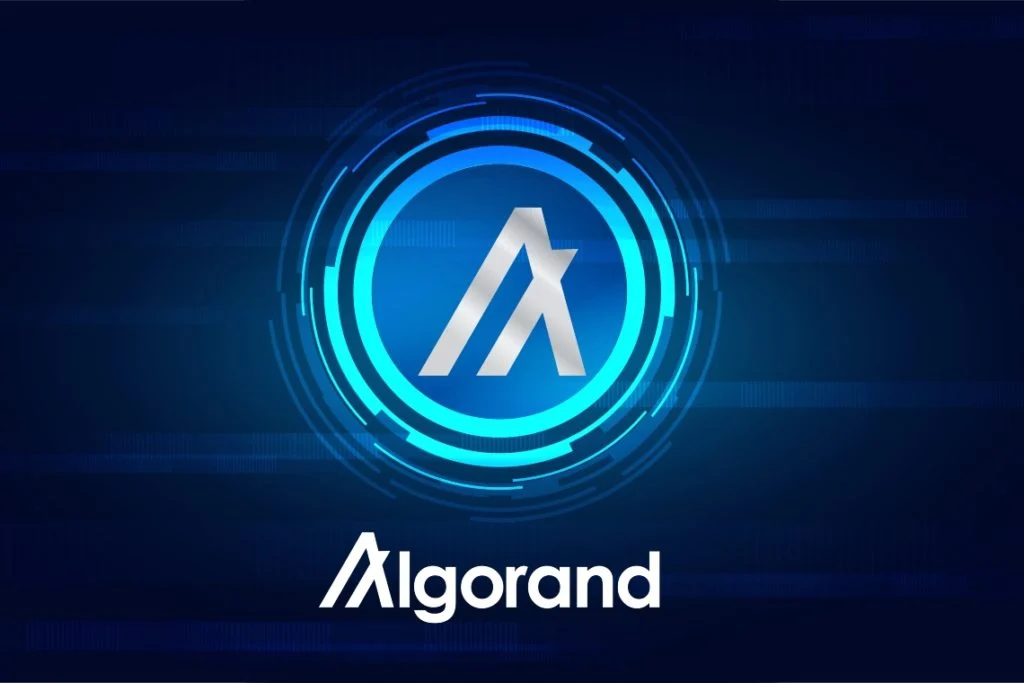Algorand ALGO regulation has a great impact on cryptocurrency. Algorand is an environmentally friendly blockchain that facilitates enterprise-grade scalability without sacrificing security or decentralization. Algorand’s lottery-style Pure Proof-of-Stake (PPoS) consensus process is intended to use less energy than proof-of-stake (PoS) protocols. Algorand uses a lightweight Verifiable Random Function (VRF) to select a validator for each block, requiring only one block to confirm a transaction. Proof-of-stake blockchains, such as Ethereum and Solana, require validators to construct multiple blocks before reaching consensus and confirming a transaction. In simple terms, Algorand requires only the energy required for a single block to confirm a transaction, as opposed to PoS systems, which require energy for many confirmation blocks.
Less computational power required across the network
This lightweight technique of achieving agreement eliminates the need for Algorand validators to constantly compete, and hence compute, for block generation. Algorand nodes are more efficient than other PoS blockchains, resulting in lower energy consumption across the network. The Algorand consensus, which is based on a lightweight cryptographic sortition, is intended to have lower node hardware requirements than other types of PoS blockchain. This is one practical method in which Algorand does not compromise sustainability for decentralisation.
No energy wasted on failed transactions or forking
Failed transactions are not propagated by consensus on Algorand. Transactions are confirmed with instant finality, which means they are finalised and irreversible the moment they are added to the block. This efficiency is accomplished via a two-step filtering method that reduces unnecessary energy use. First, honest nodes reject non-compliant transactions (such as those with incorrect signatures) even before the VRF sortition. Second, even if a bad actor chosen by the VRF attempts to construct a block with invalid transactions (for example, attempts to double-spend funds or exceed account balance constraints), the block will be rejected during consensus. This two-step technique allows Algorand to confirm transactions quickly and efficiently while maintaining high security.
In contrast, the probabilistic approach used by many PoS chains to validate transactions might result in various versions of the blockchain coexisting momentarily (also known as soft-forking), with some transactions eventually being rejected when the network achieves consensus. As a result, the energy spent validating orphan soft forks is ultimately lost, but Algorand’s energy is entirely valuable.
Sustainability that scales
Algorand requires little energy even as transaction volume increases, allowing it to provide the trinity of instant finality, 100% uptime, and high throughput while being stable under heavy network stress. In comparison, claiming sustainability without scalability is a meaningless triumph. It’s simple to say that a network is ecologically friendly if it handles few transactions. Consider a network that consumes 0 energy because it processes no transactions per second (TPS). While technically correct, such a network would not be particularly useful. Algorand demonstrates that a blockchain can be secure and performant while using minimal energy.
Sustainable without sacrificing security or decentralization
Being sustainable should not come at the expense of security or decentralization—this is the idea underlying Algorand’s design. The PPoS consensus process maintains a fair playing field and allows for a truly decentralised network. On the other hand, some PoS chains designed to alleviate Bitcoin’s carbon impact sacrificed decentralisation. This is especially true for delegated proof of stake (DPoS) chains (like EOS and Tron), which rely on a limited number of validators while claiming sustainability. While these systems may be more energy efficient than proof-of-work chains, the decision to sacrifice decentralisation should not be overlooked.
Future Forecast
Every year, cryptocurrency experts prepare forecasts for the price of Algorand. Algorand cryptocurrency has an outstanding potential to reach new heights. It is predicted that the cost of ALGO may increase. According to crypto experts the Algorand coin’s exchange rate might reach the highest price of $59.90 by 2030.
Photo credit: The cryptonomist






